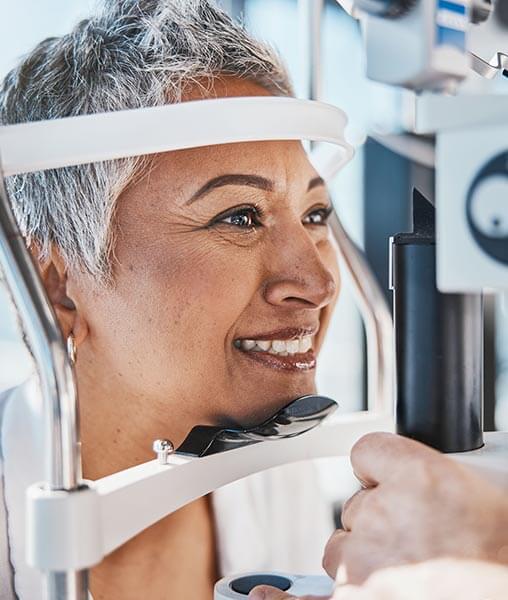Posted by: Albany Cornea | Center For Eye Care Excellence in Comprehensive Eye Care,Dry Eyes,Eye Care


Understanding Dry Eyes
We have tears even when we’re not crying. The tear film is an essential aspect of good eye health and comfort. This film is made of water, mucus, and oils. In proper balance, these fluids work together to support optimal eye function. Dryness indicates that one of the three components to the tear film is lacking. Tears are evaporating too quickly or the eyes are not producing enough tear fluid. When dry eyes are an occasional problem, we might assume that the cause is environmental.
Tips for Reducing or Avoiding Dry Eyes
During the winter months, when the air is particularly dry, try the following:
- Close your eyes often. When the eyes are closed, the tear film does not evaporate because little air is coming into contact with the ocular surface. When we blink and close our eyes, the tear film has more opportunity to spread across this surface and soothe minor irritation. A good place to start is to set a timer for every 20 to 30 minutes and close the eyes for about 30 seconds.
- Use eye drops. Lubricating eye drops can be purchased at any pharmacy. These drops are artificial tears that restore moisture as needed. Just be careful NOT to buy eye drops that claim to reduce redness. These drops affect the blood vessels in the eyes, which can have negative effects.
- Add moisture to the air. One amazing way to address the issue of wintertime dry eyes is to add moisture where it is lacking. This can be easily achieved by adding a humidifier to the home or office and running it as needed, especially when using indoor heat.
- Nourish and hydrate the eyes. During the colder months, many people forget the value and necessity of hydration. Because tears may evaporate more quickly, it is crucial to maintain the habit of drinking at least 64 oz of water a day. Furthermore, taking a fatty-acid supplement or eating more foods rich in omega-3 fatty acids (like salmon and tuna) can be beneficial for eye moisture as well as overall eye health.
Center For Eye Care Excellence offers comprehensive eye care services, including treatments for chronic dry eye. If your dryness does not resolve with these tips, schedule a visit with us at 518.475.1515">518.475.1515.

